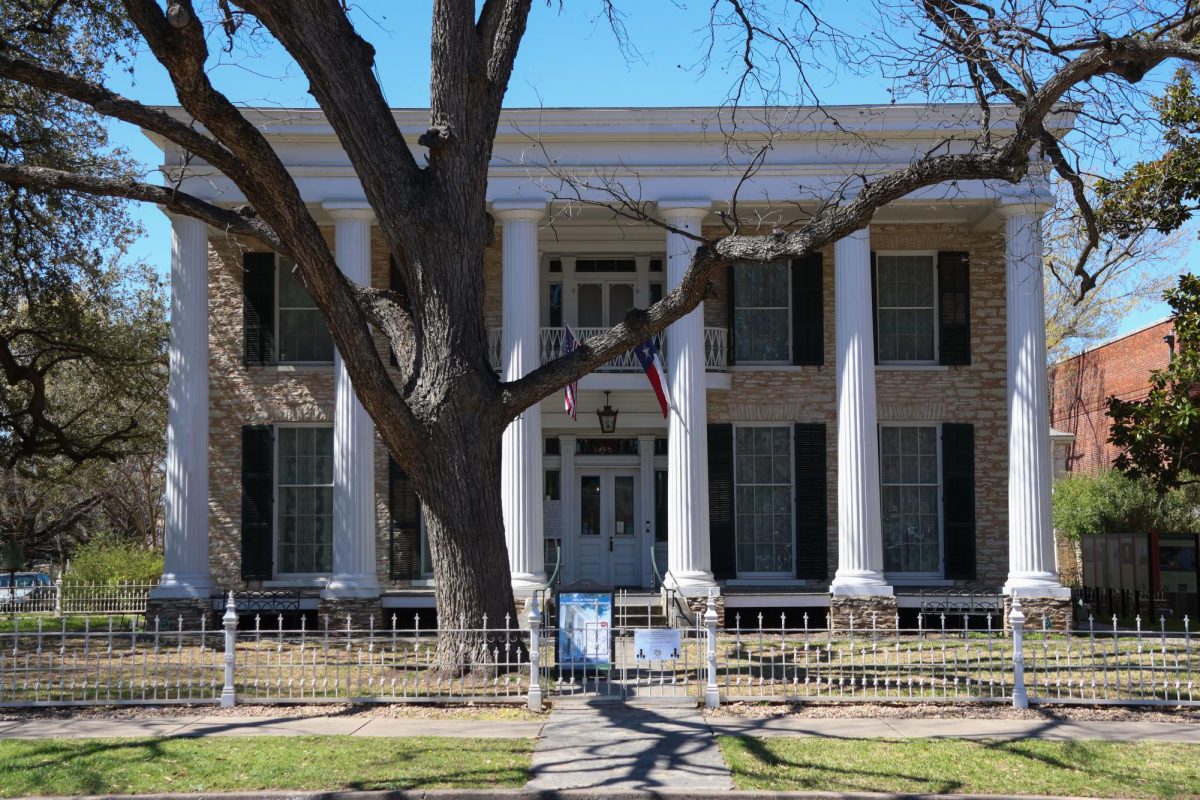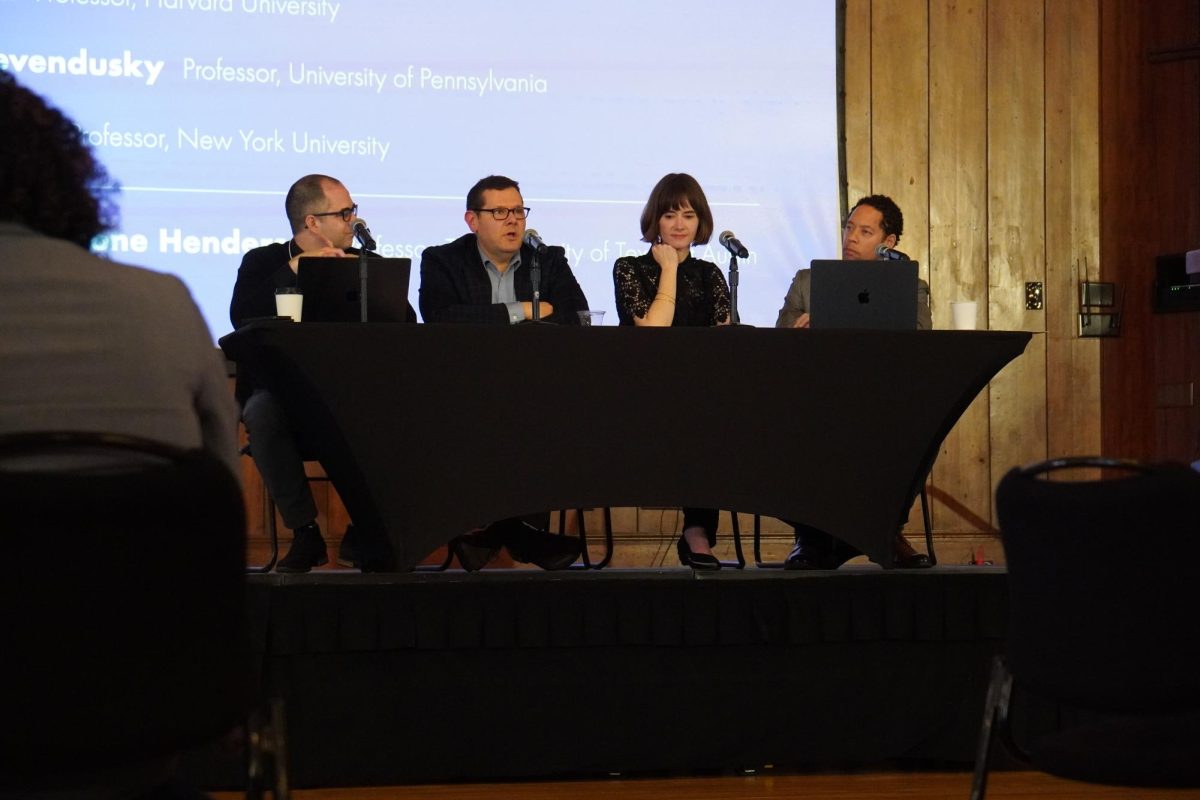Robert Jordan, former U.S. ambassador to Saudi Arabia, spoke at the School of Law Tuesday about his experiences with leaders of one of the most powerful oil producing countries in the world.
Jordan said oil, when exploited in an undeveloped part of the world, can actually impede development in a country. He called this phenomenon “the curse of oil.”
“One of the things you see is rich countries with poor people,” Jordan said. “The people don’t find themselves sharing the benefit of this new resource.”
Jordan said this is caused by a number of factors, from unstable or corrupt governments to the excessive spending of this oil wealth.
“Some people have compared Dubai to Disneyland on steroids, and I think there’s some truth to that,” Jordan said. “What you see now around the world are fanciful projects — from man-made rivers to resorts. They work okay as long as the price of oil is dramatically higher than the cost of living.”
Christopher Dalgas, a graduate law student from Denmark, said his country utilizes oil wealth differently.
“We do have oil,” he said. “But it goes to the benefit of the population instead of just a select few elites.”
Jordan began his career as an attorney in Dallas, and in the spring of 2001, former President George W. Bush appointed him ambassador to Saudi Arabia with no prior diplomatic experience. He assumed the position only weeks after the attacks on 9/11.
He wrote a book based on these experiences called “Desert Diplomat: Inside Saudi Arabia Following 9/11.” Jordan also disclosed he now serves on the Board of Directors at natural gas company PennTex Midstream Partners.
Florian Lehne, a graduate law student, attended the lecture after reading about resource issues in the Middle East.
“I appreciated someone with a lot of experience sharing his observation of the problematic way oil is having an influence on politics,” Lehne said.
Jordan described the sensitive relationship between the U.S. and Saudi Arabia and the necessity of having an ally in the Middle East.
“They are not a perfect ally,” Jordan said. “Sometimes you have to hold your nose and take on an ally that doesn’t remotely meet your values, but you do that for the greater good and in some cases for national security.”





















